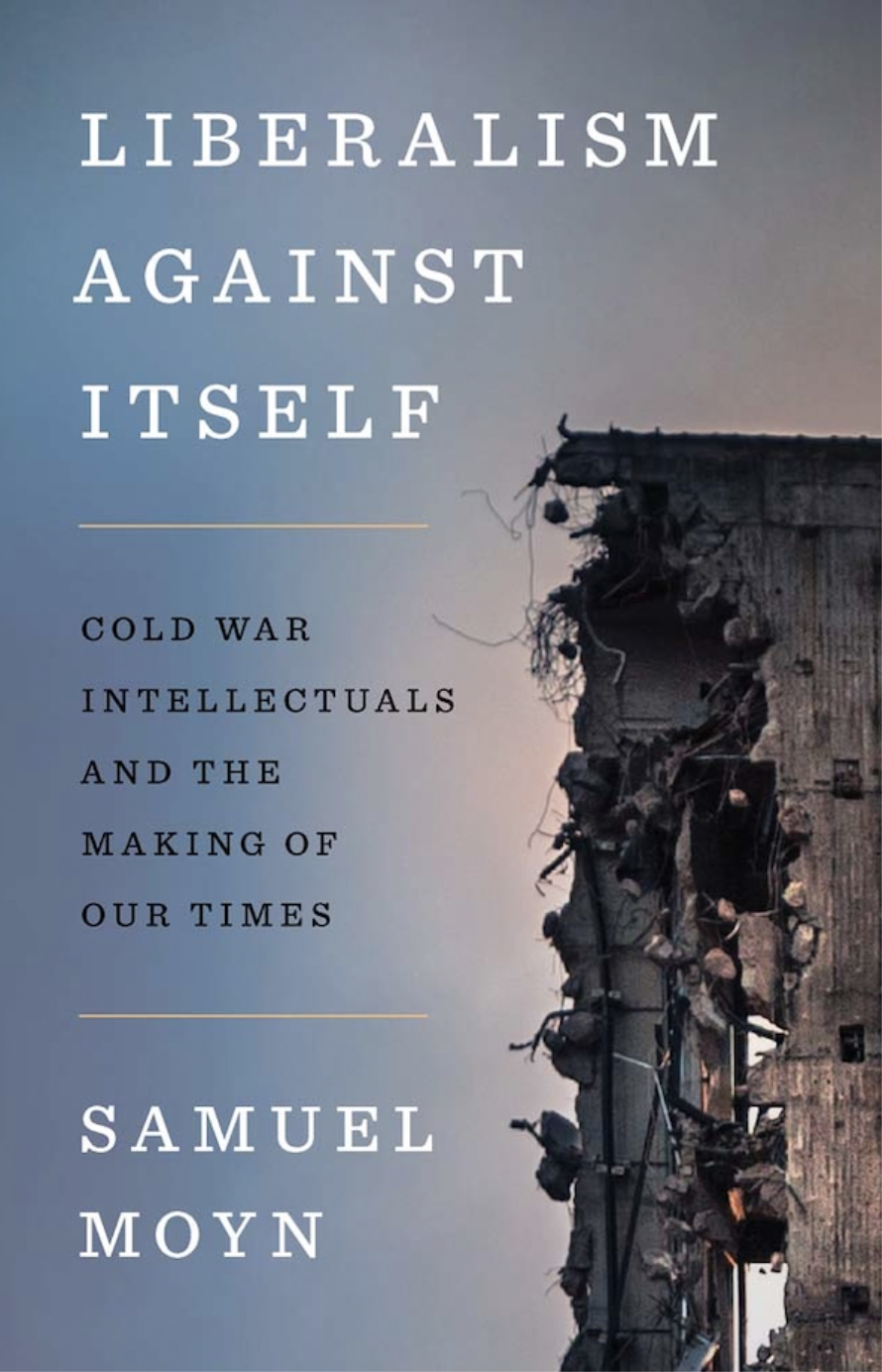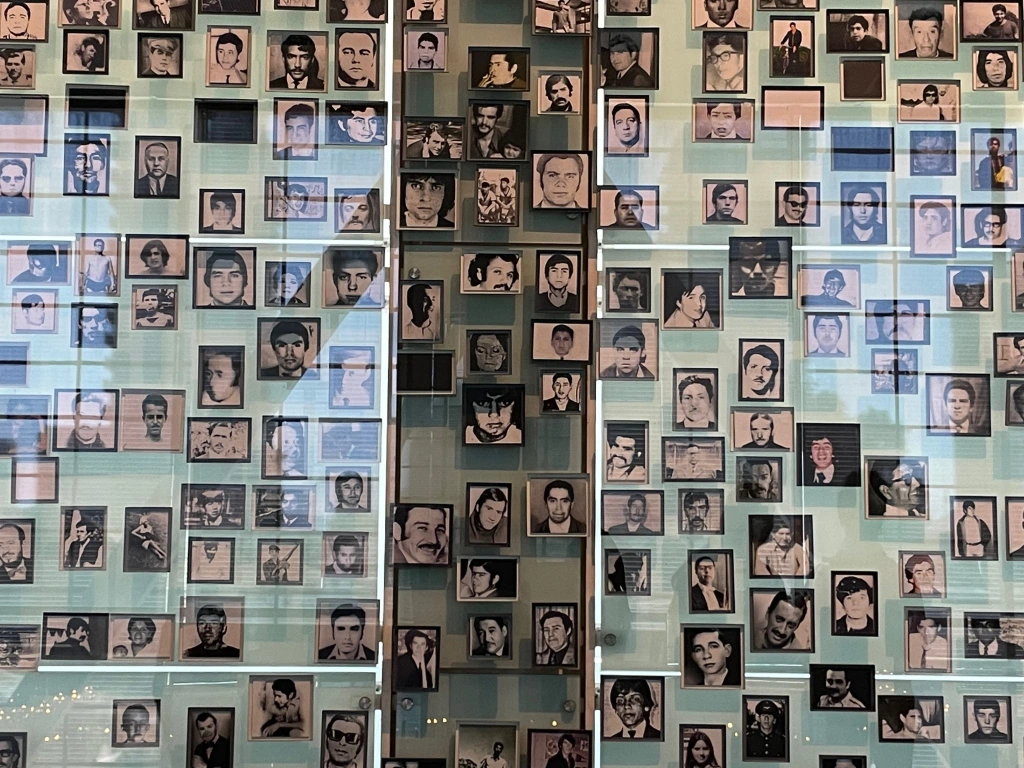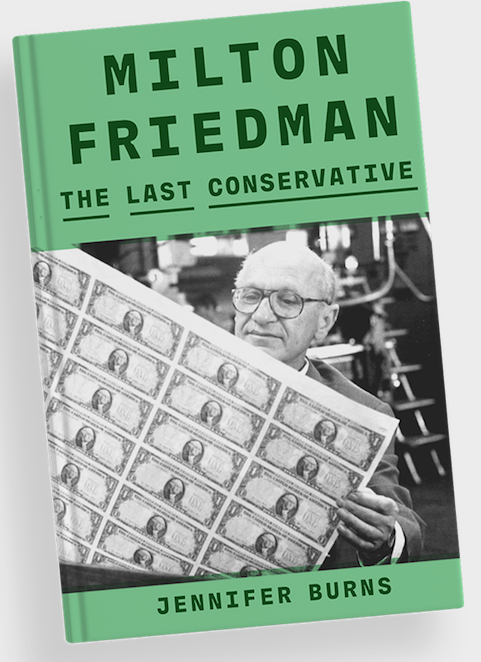Joshua Cherniss thinks that Cold War liberalism has solutions to the problems of our own time. Samuel Moyn thinks it is responsible for them. I think…both are missing something important. My review of both books (Liberalism in Dark Times and Liberalism Against Itself, respectively) is in what is, to my mind, an excellent issue of Dissent. I really tried to use this review to say something that I think is essential about the relationship between the left and liberalism today, and I hope people interested in that question will read this one.

“Free society and totalitarianism today struggle in the minds of men,” wrote the historian Arthur Schlesinger Jr. in The Vital Center in 1949. The book situated a progressive liberalism against authoritarian projects to its left and to its right. At home, Schlesinger wanted to build a welfare state that would make American democracy worth defending. Internationally, he wanted the United States to contain communism by building up progressive movements around the world. Liberalism, he thought, should inspire a “fighting faith.”
Schlesinger got his wish. Cold War liberalism informed U.S. foreign policy; Schlesinger himself became an advisor to President Kennedy. And people have been fighting about this faith ever since. From the right, critics of Cold War liberalism objected to it as a kind of global New Deal. On the left, especially in the 1960s, it was held responsible for U.S. violence everywhere from Cuba to Vietnam. The phrase “Cold War liberalism” originated as an insult, and it has come to indicate an unseemly proximity to U.S. power.
Because of the echoes in our times of the conditions that produced Cold War liberalism, it should not surprise us that recent years have brought a renewed interest in the tradition. Today, its inheritors—such as the historian Timothy Snyder—warn ominously of the growing threats from the authoritarian right. But they are also concerned about the left’s drift toward a rejection of liberalism. The war in Ukraine has further enlivened their coalition.
What should be made of this revival? Two recent books have opposite positions on the matter. Political theorist Joshua L. Cherniss believes that Cold War liberals, however imperfect, developed a political attitude that is worthy of emulating. In his view, today’s left is in danger of repeating the mistakes of the past, and Cold War liberal thought can help it to correct course. Historian and law professor Samuel Moyn, by contrast, is skeptical—not of the liberal tradition tout court but of Cold War liberals in particular, who he holds responsible for causing liberalism to abandon more attractive paths. Despite their apparent incompatibility, the books agree about more than would first appear. Nonetheless, they risk talking past the audiences that most need to hear what they have to say.




Leave a comment